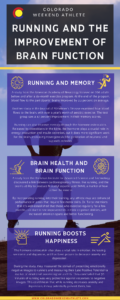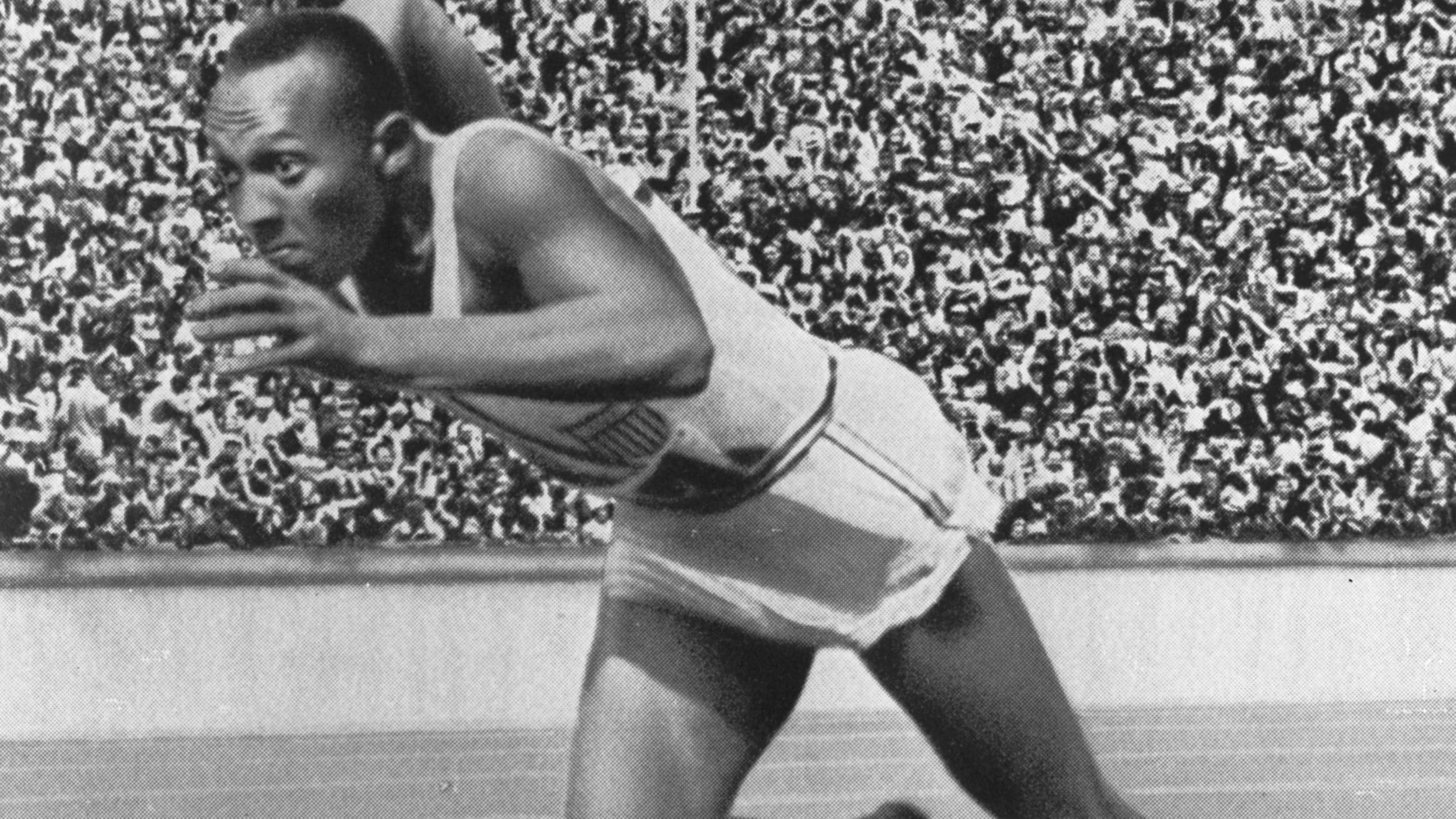Experiencing a creative block at work? Taking a midday run can have more positive effects on your brain than just a psychological break. Running has been shown to have immediate benefits on the mind by releasing endorphins and dopamine, calming stressed brains. Recent studies also show that running causes profound, long-term changes to brain function.
Today, researchers are trying to discover how — and why — aerobic exercise improves brain activity. The president of the Society for NeuroSports, Dr. Jamie Tartar, is one researcher conducting studies in the field and helped establish the society’s annual conference on the subject. Over the years, scientists have found significant proof of how running positively impacts the brain.
Running and Memory
Two studies in 2020, published only a week apart, concluded that running helps improve memory. The first study from the American Academy of Neurology focused on 206 adults before and after a six-month exercise program. At the end of the program, blood flow to the participants’ brains improved by 2.3 percent on average. Researchers believe this led to a 5.7 percent improvement in executive functioning tests and a 2.4 percent increase in verbal fluency.
Marc Pulin, one of the researchers in the study, explained that exercise of this magnitude over the six-month period may send blood to brain regions that significantly improve verbal skills including memory and mental awareness.
Another study in the Journal of Alzheimer’s Disease examined how blood flows to the brain, with over a year’s worth of aerobic exercise. The test group saw a 47 percent improvement in their memory scores. Still, those were among individuals who had memory issues at the start of testing, which may account for more fluctuating results.
For subjects who were unable to run or incorporate an exercise program, scientists hope their researcher can lead to drug development that mimics increased blood flow to the brain, which could greatly benefit those suffering from Alzheimer’s and other memory issues.
Running can also improve memory through the hormone osteocalcin. Released by osteoblasts in the bone, the hormone plays a crucial role in energy production and insulin secretion, but it does more significant work for the brain, increasing neurogenesis (the generation of neurons) and supports memory. As running allows us to create more bone mass, and thus osteocalcin, better memory is generated.
Brain Health and Brain Function
A study from the Beckman Institute for Advanced Science and Technology discovered a link between cardiorespiratory fitness, like running, and the brain’s ability to produce N-acetyl aspartic acid (NAA), a marker of how active the mind is.
Researcher Ryan Larsen says that a question raised by the research asks if we can modify NAA through physical activity and fitness to give us an effective method that enhances brain health and performance across our lifetimes.
The Kavli Institute for the Brain and Mind is researching how running improves motor skills. In one of their studies, they tested how mice ran on a wheel for one week and found that they performed better on several tests for motor skills, like walking quickly along a balance beam. The research team believes that the plasticity generated in the mice’s brains can easily be reproduced in humans. By incorporating running into their training, any athlete may see enhanced performance in areas that require fine motor skills.
While scientists know that exercise improves brain activity, they still don’t know why. Dr. Tartar mentions that it’s well-established that those who exercise regularly for a few months can start to see improvements in their cognitive abilities, with increased attention spans and better functioning.
Still Tartar wants to know why and has set out to explore the mechanisms behind brain-derived neurotrophic factor (BDNF) and Irisin. She calls BDNF, a protein released during muscle activity, brain food because it supports neuron health and longevity, but it also promotes overall neural health and cognition. Irisin is another hormone secreted from muscles during running and exercise that also promotes neural health and cognition. However, further studies need to be conducted to understand how these proteins and hormones work.
Running Boosts Happiness
The hormone osteocalcin also plays a vital role in emotion, increasing serotonin and dopamine, and has been proven to decrease anxiety and depression. Psychologists know that exercise boosts our mood after studying how participants self-report their feelings. With the combined efforts of scientists and neuroscientists, data from the brain corroborates the fact.
However, Dr. Tartar wants to look at the brain while hormones are stimulated during running. In 2018, Tartar and her colleagues studied how exercise physically protects the brain from negative stimuli, which was the study that spawned her interest in neuroscience and sports activity.
During the study, they measured the stimuli of presenting emotionally negative images to runners and measuring their Late Positive Potential (a marker of emotional processing) on an EEG. They concluded that 30 minutes of running was very protective against responses to negative images. This could mean that while running decreases anxiety and depression, it may potentially prevent them, too.
As a result of her research, Dr. Tartar wants people to understand how important it is to stay active throughout your lifetime. In the long term, staying dedicated to exercise routines can help solidify these positive and permanent effects on the brain and body. There’s the tendency for people as they get older to stay on the couch, but their brain doesn’t function as well, especially their memory, attention process and how much that could be preserved if they kept exercising regularly.
While research has yet to evolve on the why of running’s benefits on the brain, we have proof that physical activity is good for mental and physical health, and also emotional longevity, too; a 3-in-1 prescription to living a fulfilling life.








